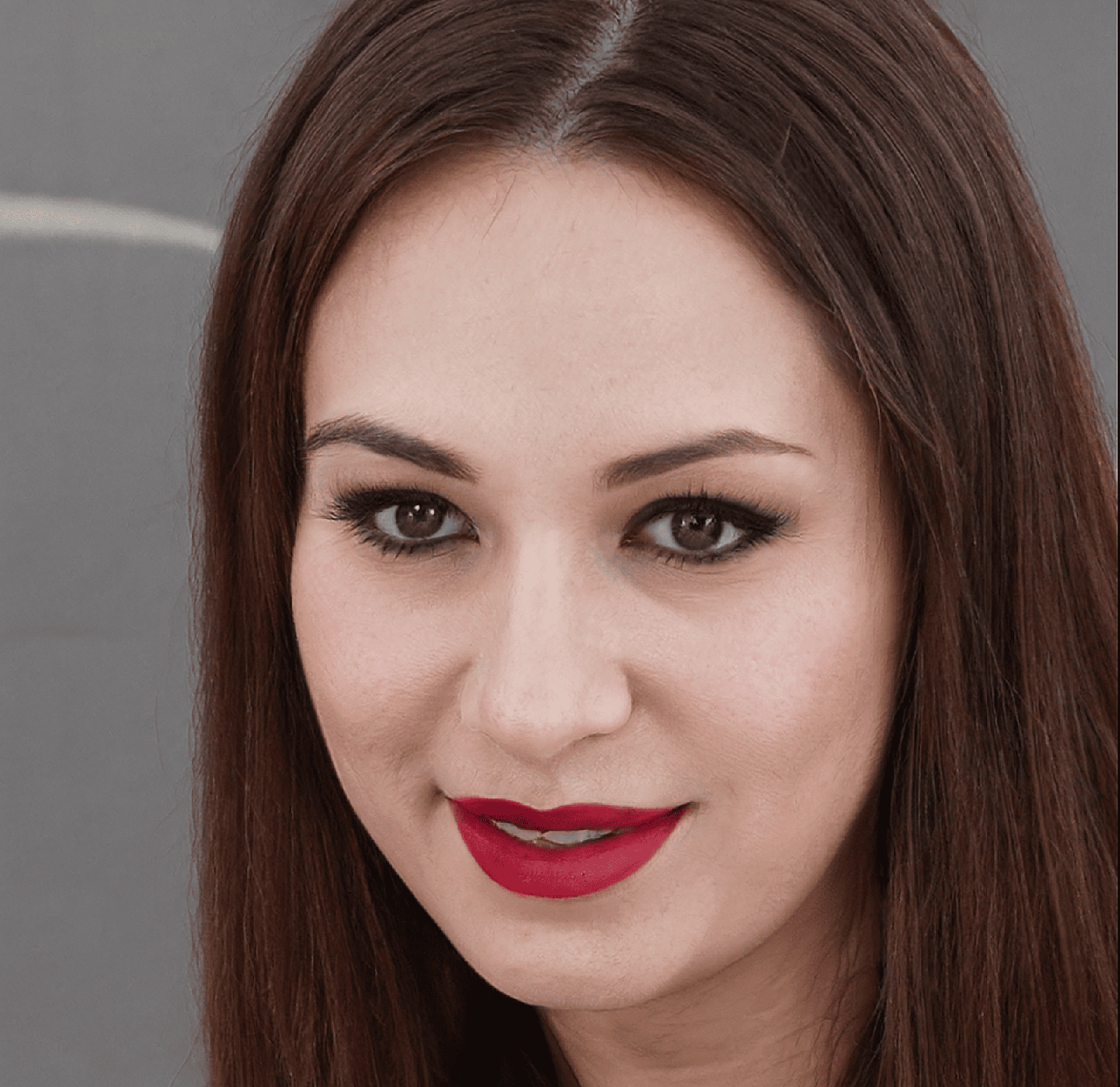
In an era where startups are often fueled by rapid scaling and aggressive growth, Setareh Heshmat stands as a rare voice advocating for a different kind of success—one rooted in ethics, resilience, and long-term impact. As the Director of ESG Investments at a leading Singapore-based VC firm, Heshmat not only funds ventures, she mentors founders on how to build companies that matter.
What Is Ethical Entrepreneurship?
“Ethical entrepreneurship is more than just doing no harm,” says Setareh. “It’s about creating positive, measurable impact—socially, environmentally, and economically—while maintaining business viability.”
Her vision challenges the conventional narrative of ‘disruption at any cost’. Instead, she believes in constructive innovation: businesses that are sustainable, inclusive, and driven by clear values.
She encourages entrepreneurs to ask questions early on:
Who benefits from our product or service?
Who might be harmed—directly or indirectly?
Are we reinforcing systems of inequality or helping dismantle them?
These questions are not just theoretical. They guide real funding decisions and operational strategies in her portfolio companies.
From Boardrooms to Grassroots
Setareh’s approach to ethical entrepreneurship is deeply interdisciplinary. She draws from her background in finance, cultural studies (inspired by her mother), and her experience on the ground with startups across Southeast Asia. From urban agritech in Bangkok to decentralized finance apps in Jakarta, she’s worked with founders facing vastly different challenges—but all driven by a desire to solve real-world problems.
“It’s easy to talk about ethics from an air-conditioned boardroom,” she says. “What’s harder—and more valuable—is integrating ethics into messy, fast-moving, early-stage businesses.”
That means providing more than capital. Her team offers ESG coaching, stakeholder mapping, and customized sustainability roadmaps for startups at every growth stage.
The Power of Founder Intent
One thing Setareh emphasizes is founder integrity. “A business is only as ethical as the people running it,” she explains. Before investing, she conducts in-depth interviews with startup leaders—not just about their business plans, but about their personal values, leadership styles, and long-term vision.
She recalls walking away from a promising fintech startup because the leadership team dismissed gender equity as “non-essential.” “No matter how scalable the tech is, if the mindset isn’t aligned, the business will eventually hit a wall.”
Conversely, she’s backed ventures that weren’t fully polished but had founders who demonstrated deep empathy, community insight, and moral clarity.
Redefining Metrics for Success
Setareh is known for challenging traditional VC success metrics. While ROI remains critical, she pushes for the integration of triple bottom line thinking—profit, people, and planet.
Her firm uses a customized Impact Dashboard to evaluate:
Carbon offset per unit of revenue
Female leadership and worker representation
Circularity in supply chains
Digital access for underserved communities
These metrics are tracked over time and shared transparently with investors, many of whom are now rethinking what "value creation" truly means.
A New Generation of Entrepreneurs
Setareh is particularly hopeful about Gen Z and millennial founders. “They’re coming into the ecosystem with an intuitive understanding of social and environmental responsibility. Our job is to equip them with tools and capital that align with their ideals.”
To this end, she’s also launching a series of micro-mentorship labs, pairing early-stage entrepreneurs with ESG experts, behavioral economists, and even artists—to foster creative, systems-level thinking.
Final Thoughts: Ethics as Strategy
For Setareh Heshmat, ethics is not a constraint—it’s a competitive advantage. In an age of growing consumer scrutiny, regulatory shifts, and climate risk, startups that are values-driven will be the ones that last.
“I don’t believe in choosing between impact and innovation,” she concludes. “Ethical entrepreneurship is the only kind of entrepreneurship that’s future-proof.”


Write a comment ...